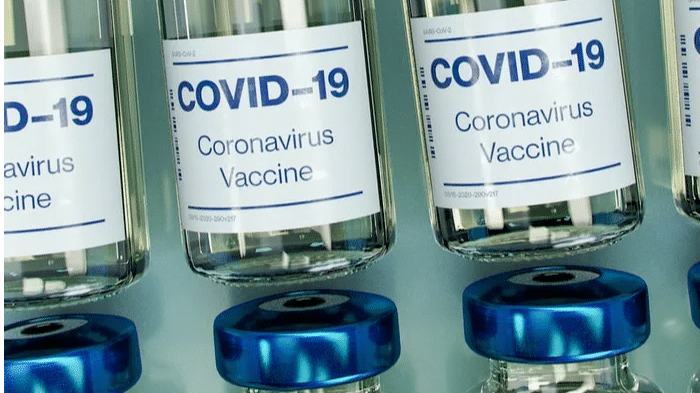India’s oldest vaccine maker, Biological E Limited, is all set to introduce the country’s second indigenous COVID-19 vaccine ‘Biological E’. The government of India has already entered into a signed agreement with the company to procure 30 crore doses in the coming months.
Also Read: Kerala, northeast states potential hotspots for new COVID outbreak: Study
“The vaccine, which is currently undergoing phase-3 clinical trials, will likely be available in the next few months,” the health ministry said in a statement.
Here’s everything we know so far about India’s second home-grown vaccine.
What’s the new vaccine?
This Biological E-made vaccine uses recombinant-protein technology. This technology refers to a mechanism in which a harmless agent is injected into the body to stimulate its immune response. In turn, the body produces antibodies against the agent.
The vaccine will be manufactured in collaboration with Baylor College of Medicine, Texas.
When will the vaccines be available?
According to the health ministry’s statement, the vaccine is currently in its phase-3 trials and is likely to be delivered in the next few months.
Also Read: Does Pfizer COVID vaccine lead to heart inflammation? Israeli study says so
The doses will be manufactured and stockpiled by Biological-E from August-December 2021.
What is the agreement between Centre and Biological E?
The health ministry on Wednesday said that it has signed a deal with Biological E to procure 30 crore doses of its COVID-19 vaccines.
The Centre will make an advance payment of Rs 1500 crore to Biological-E for the manufacturing of the vaccines.
Trial results so far
As per Biological E managing director Mahima Dutta, at least 360 healthy individuals took part in phase 1 and 2 trials. The participants were individuals aged between 18 and 65.
The trials facilitated the evaluation of the safety and immunogenicity of the vaccine. The trials are being conducted in collaboration with the Coalition for Epidemic Preparedness Innovations (CEPI) and the Biotechnology Industry Research Assistance Council (BIRAC) in all three trials of this vaccine







